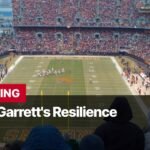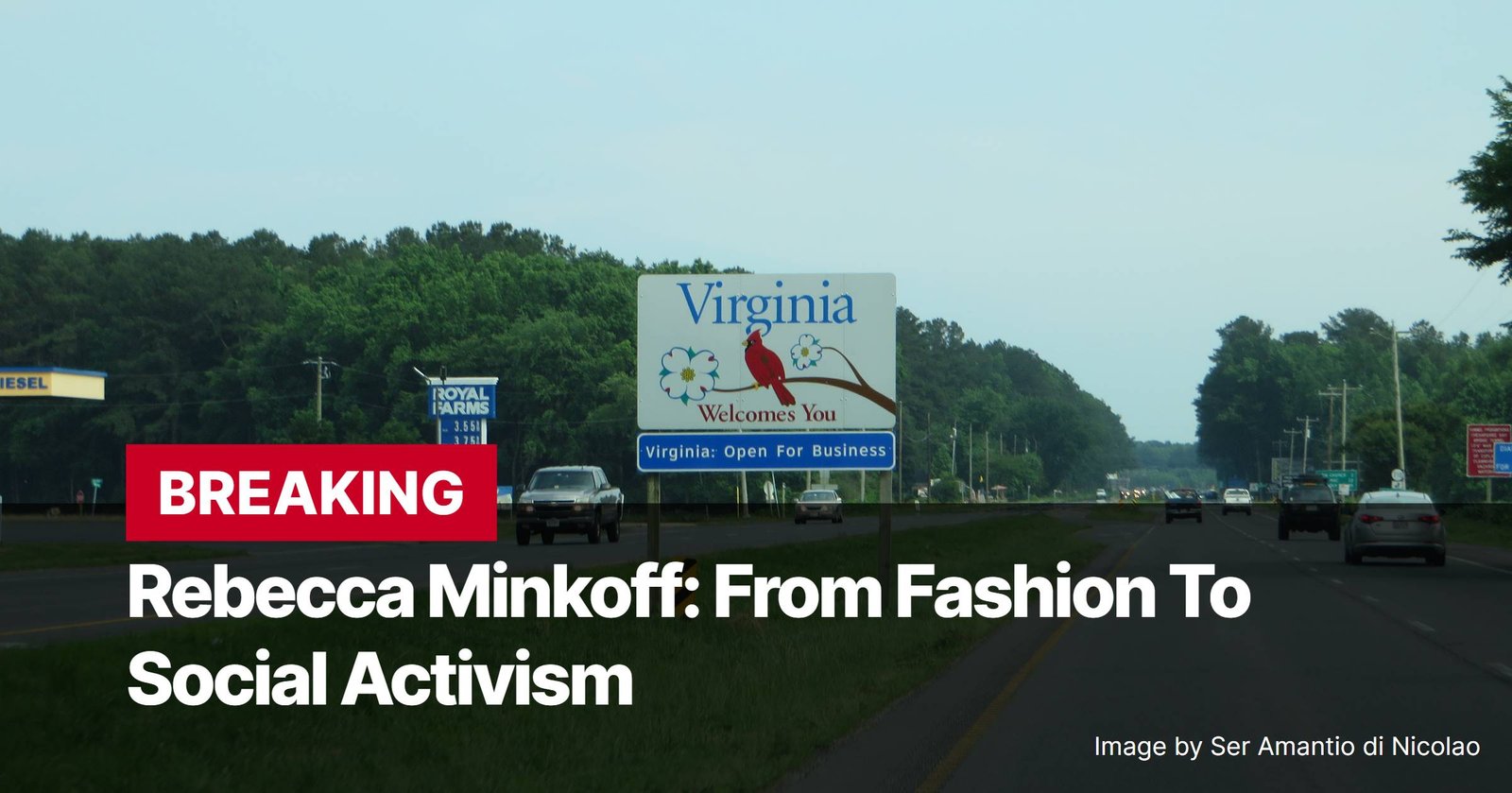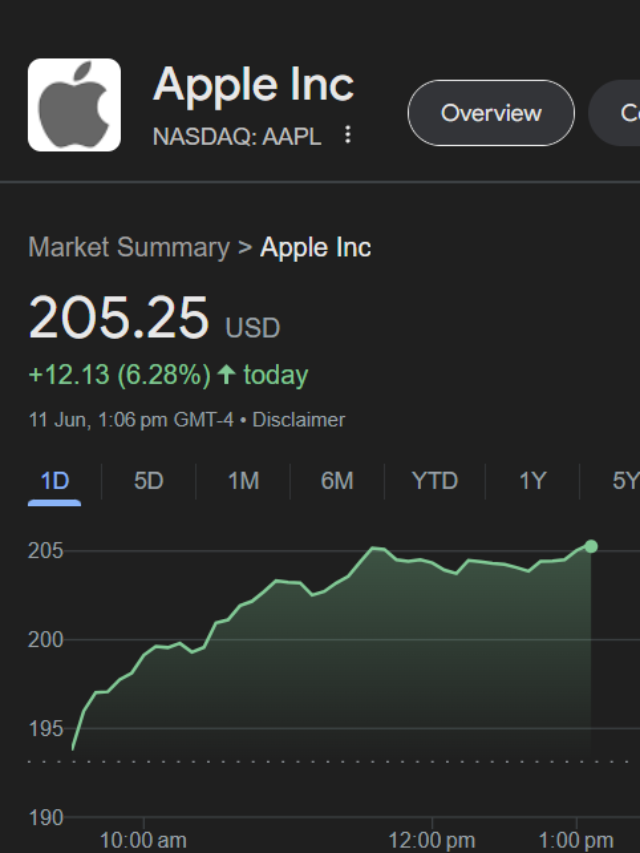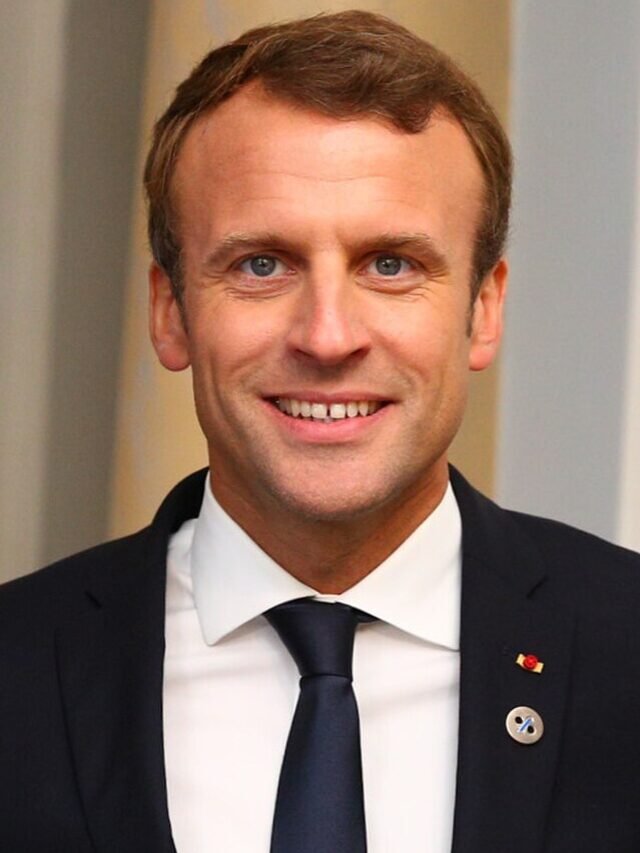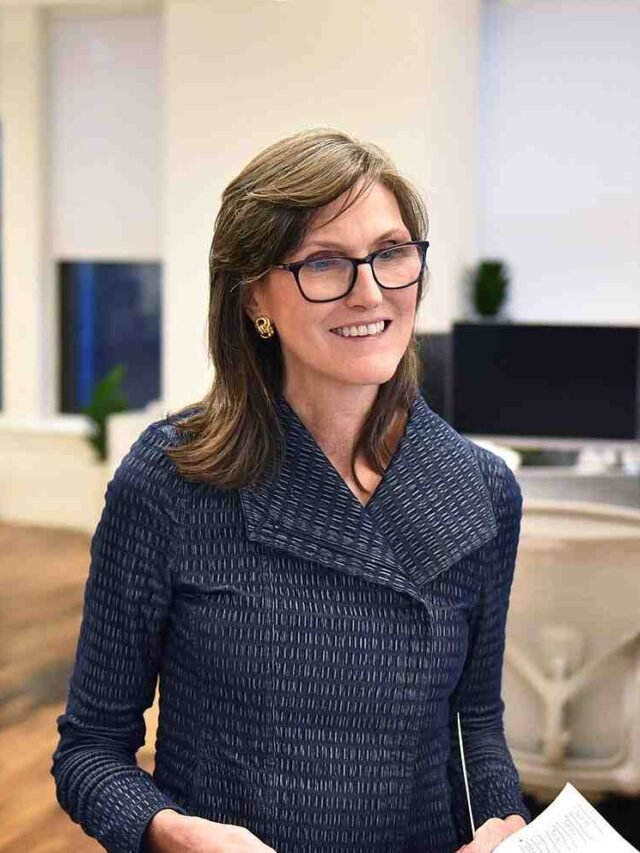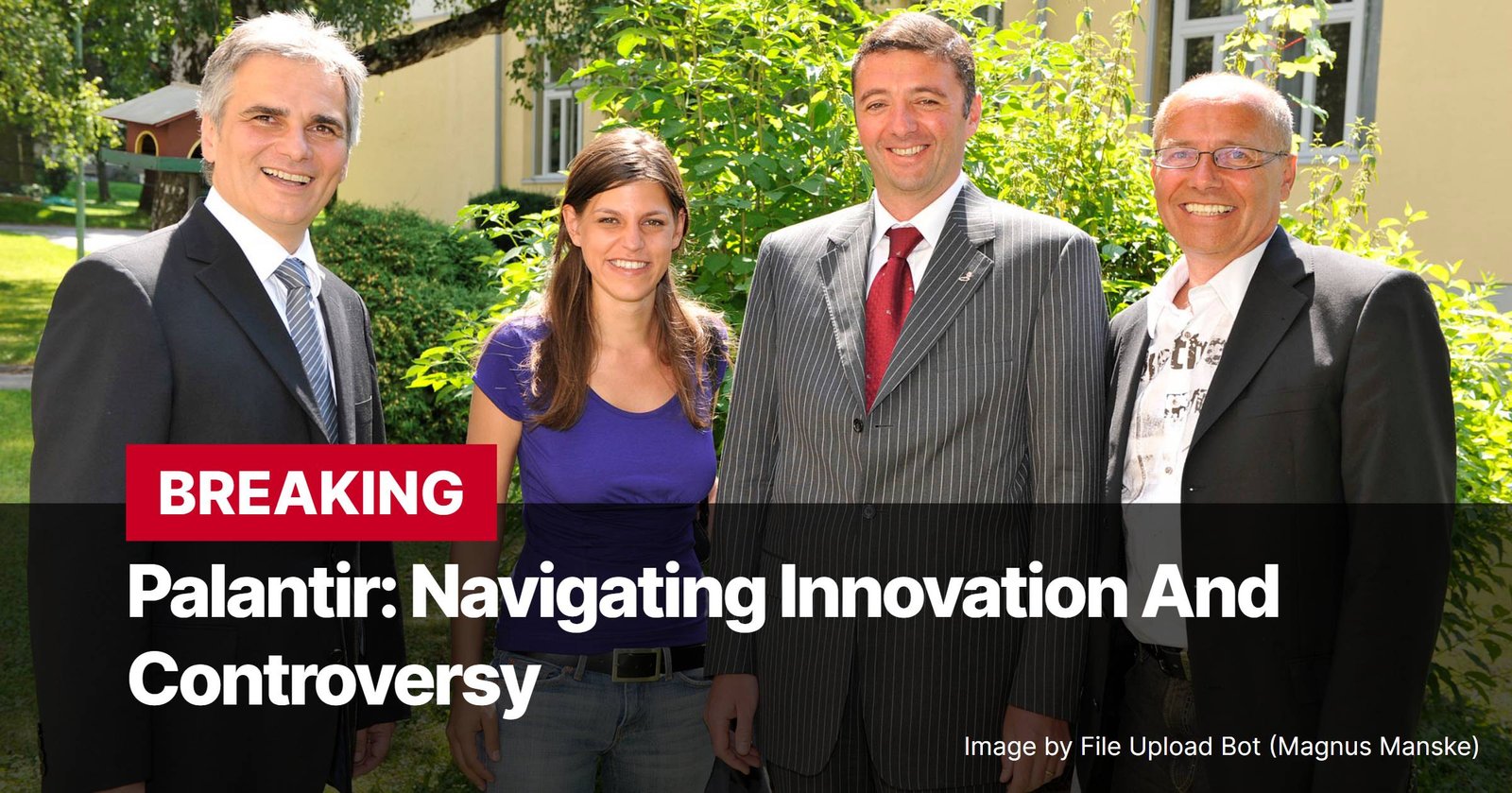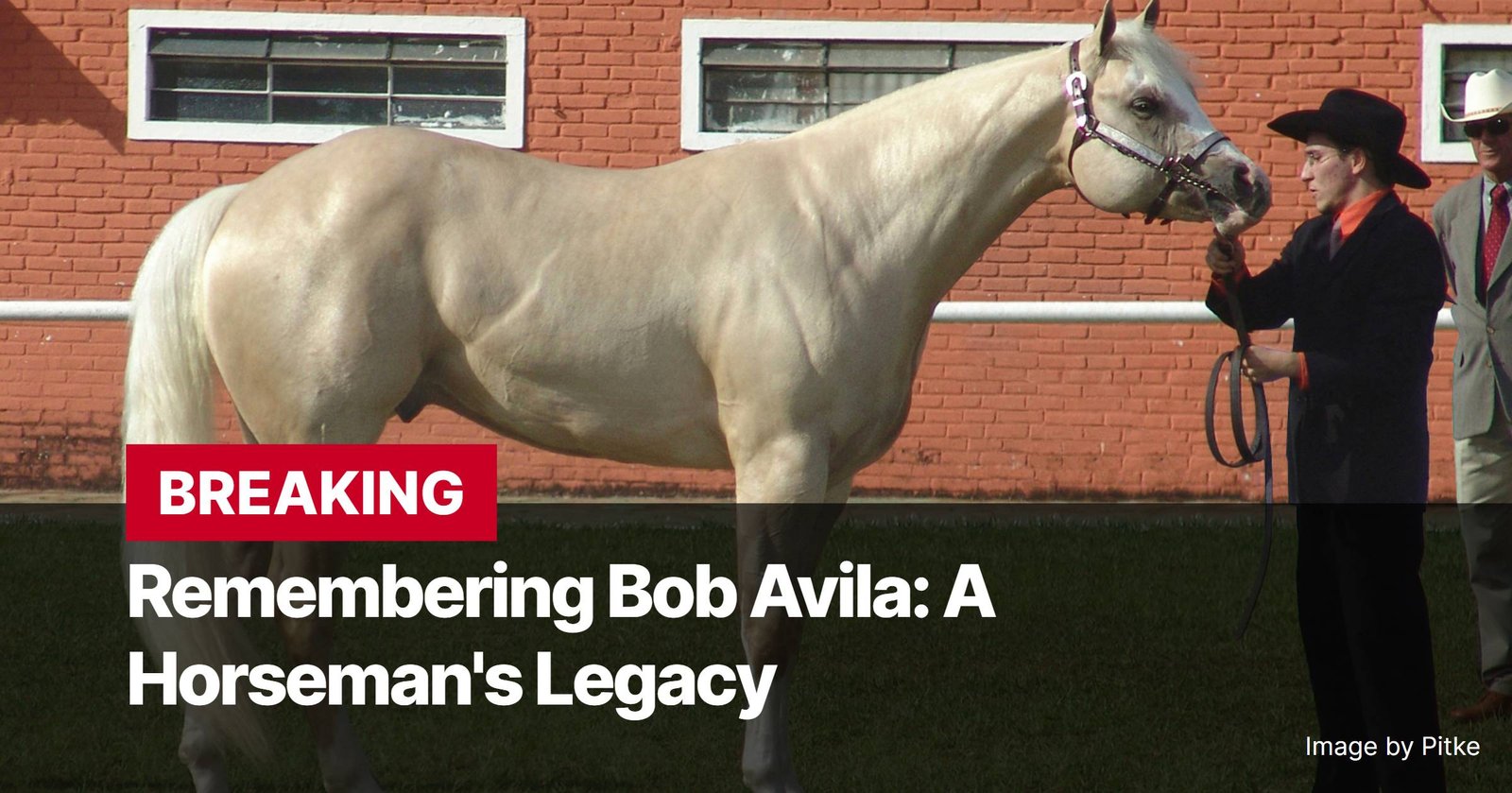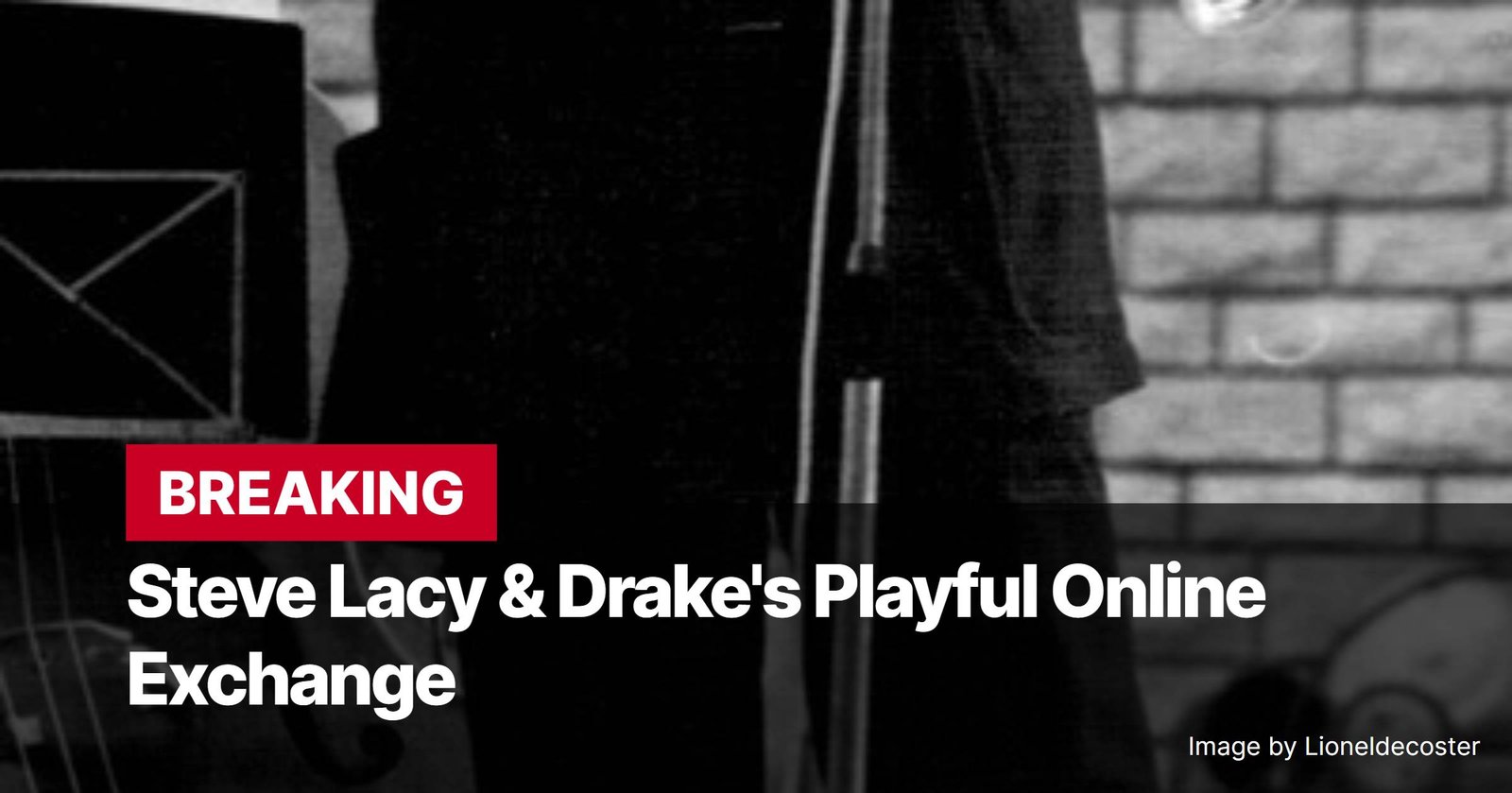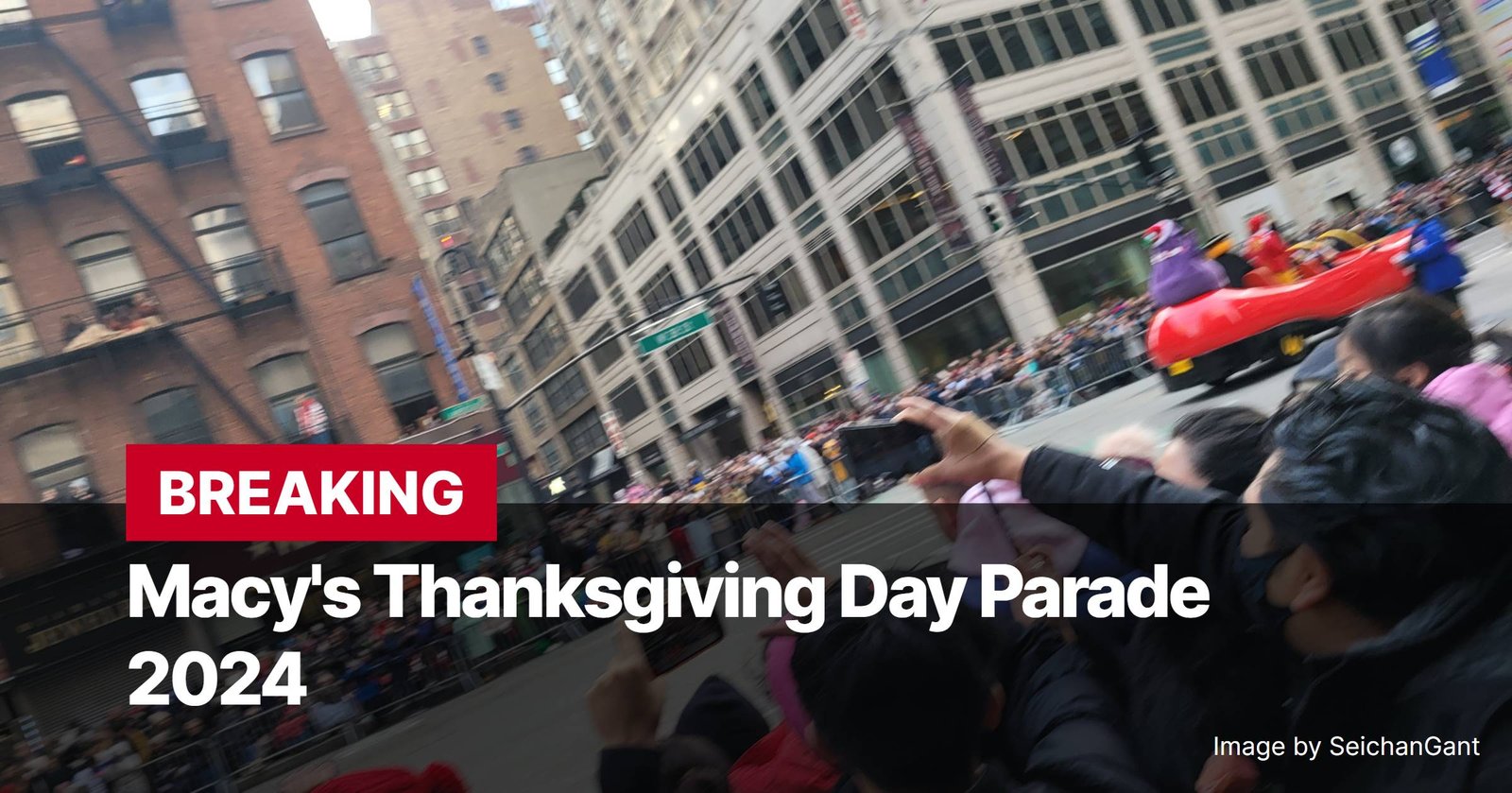Rebecca Minkoff, the namesake brand known for its handbags, apparel, and accessories, has been a staple in the fashion world for nearly two decades. Founded in 2005 by siblings Rebecca and Uri Minkoff, the brand has grown from a small New York City startup to a global presence with retail stores in major cities worldwide and distribution in hundreds of other locations. While the brand continues to offer a range of fashion items, recent developments suggest a shift in focus, moving beyond the traditional fashion cycle and towards community building and social activism.
The brand’s early success was propelled by a blend of trendy designs and savvy marketing, with Rebecca Minkoff’s “I Love New York” T-shirt gaining national attention after being featured on television. From there, the brand expanded its offerings to include handbags, footwear, apparel, and accessories, becoming known for its blend of downtown cool and accessible luxury. This growth led to retail expansion and a strong presence in department stores. One online retailer even notes offering free shipping and returns for Rebecca Minkoff products, highlighting the brand’s accessibility to a wider consumer base.
However, more recent news indicates a move towards a different kind of platform. In 2018, Rebecca Minkoff announced a departure from the traditional New York Fashion Week circuit. This decision signaled a shift away from the conventional fashion calendar and towards alternative methods of engaging with its audience. Concurrent with this departure, the brand launched RM Superwomen, a platform described as a social space dedicated to empowering women and promoting courageous leadership. This platform features interviews with activists and influencers, fostering conversations and events aimed at inspiring women to lead “fearless” lives. The initial launch included partnerships with prominent women’s rights organizations and figures, emphasizing the brand’s commitment to social activism and female empowerment.
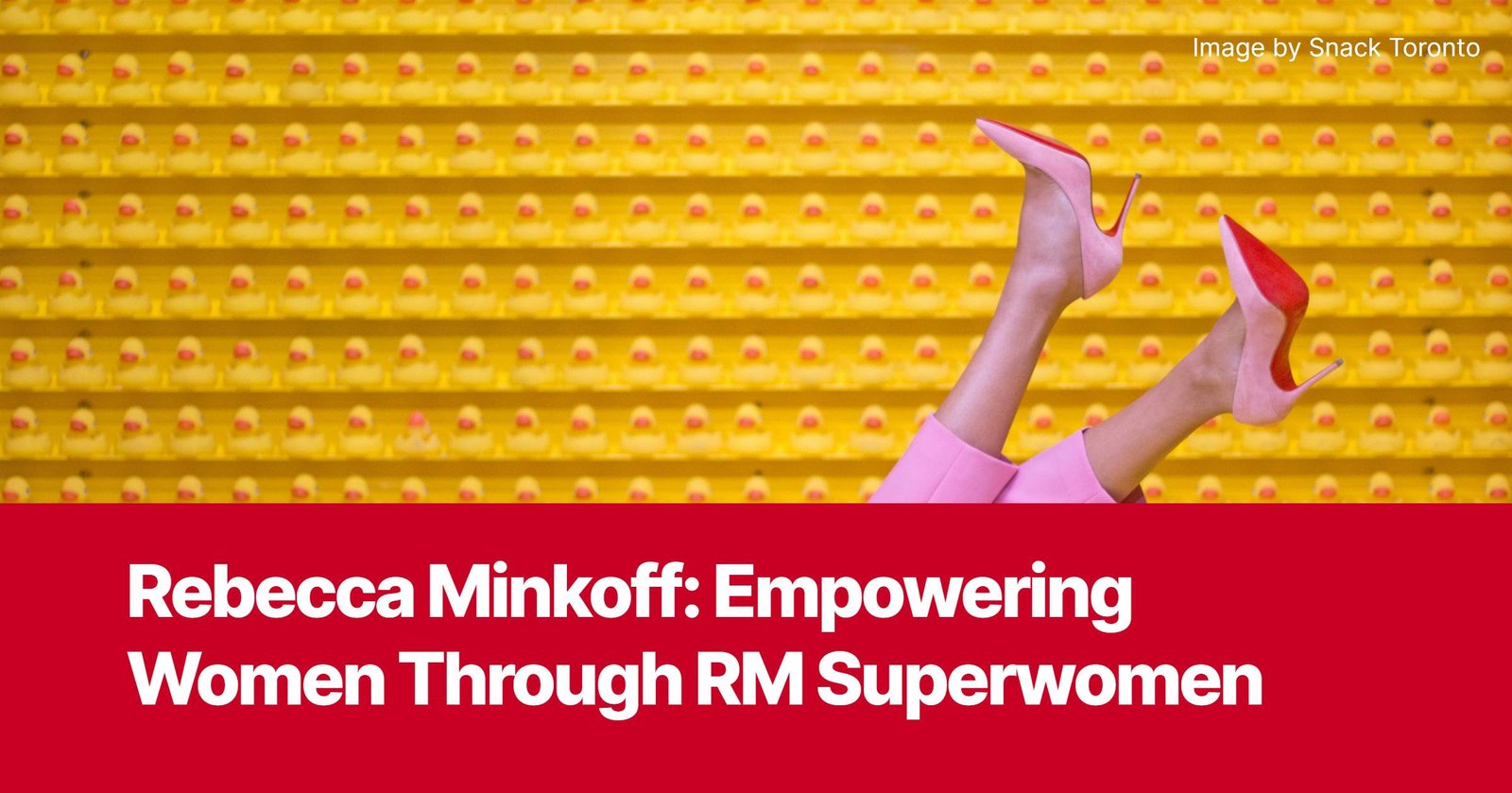
This shift towards social engagement aligns with Rebecca Minkoff’s personal background. Raised in a Jewish household and splitting her time between Florida and New York, she has consistently demonstrated an interest in community and social issues. Her appointment to the New York State Council on Women and Girls further underscores this commitment. While information about Rebecca Minkoff’s personal life, such as pregnancy or family matters, has sometimes circulated, the brand itself seems focused on broader social issues and empowering women through its RM Superwomen platform.
The brand’s online presence reflects this multi-faceted approach. The official Rebecca Minkoff website continues to showcase its products, offering a range of handbags, clothing, and accessories. Other online platforms, like Amazon, also feature Rebecca Minkoff products, demonstrating the brand’s widespread availability. However, the focus on the RM Superwomen initiative suggests that the brand is looking to establish itself as more than just a fashion label. It seeks to cultivate a community of engaged women and contribute to important social conversations.
In conclusion, while Rebecca Minkoff remains a recognizable name in the fashion industry, its recent activities suggest an evolution beyond traditional product-focused marketing. The launch of RM Superwomen and its focus on social activism indicate a move toward building a community around shared values and empowering women. This evolution positions the Rebecca Minkoff brand not just as a purveyor of fashionable goods but as a platform for social change and female empowerment, reflecting the founder’s own commitment to these ideals.




